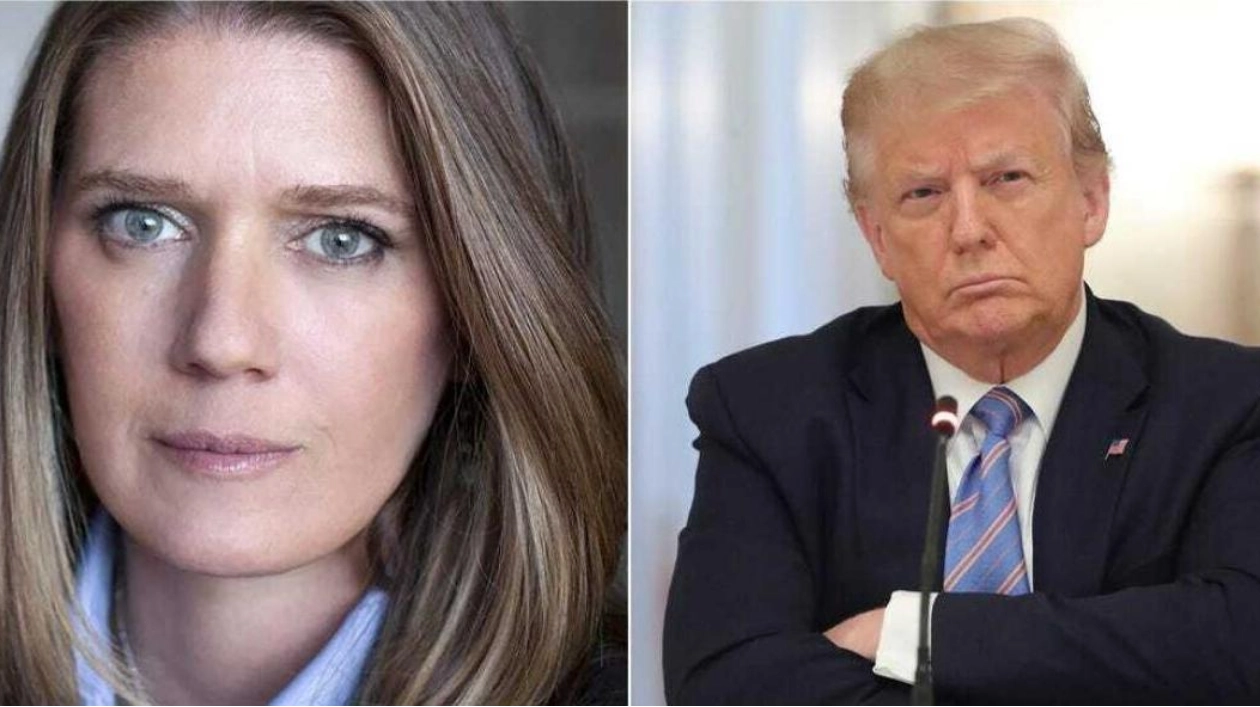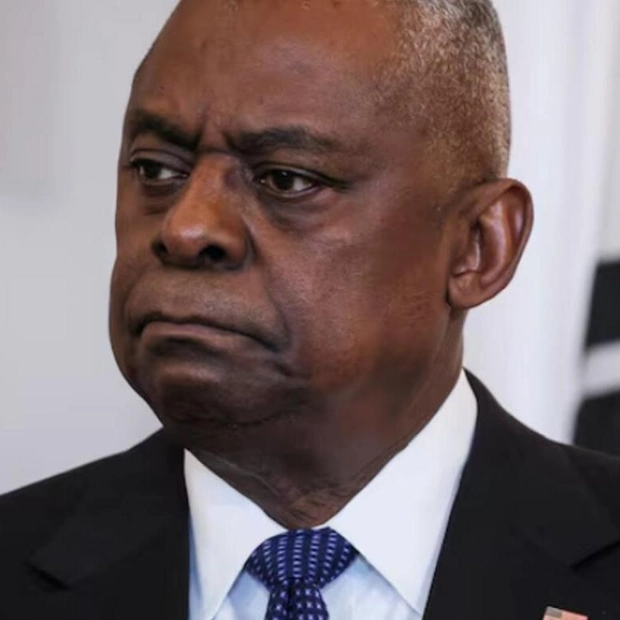A New York state appeals court has ruled that Donald Trump has the right to sue his niece, Mary Trump, for providing information to the New York Times, which led to the newspaper's Pulitzer Prize-winning 2018 investigation into his financial dealings and alleged tax evasion efforts.
The court found that there is a substantial legal basis for Trump's claim that his niece violated confidentiality provisions outlined in a 2001 settlement involving the estate of his father, Fred Trump Sr. The five-judge panel noted the ambiguity surrounding the confidentiality of Mary Trump's disclosures and the intended duration of the provisions.
The court stated that even in the absence of actual damages, nominal damages could still be pursued for the breach of contract claim. Trump had sought $100 million in damages.
Lawyers representing Mary Trump had argued that Trump's lawsuit violated state law by attempting to stifle free speech and interactions with the press. They did not provide an immediate response to the court's decision.
Alina Habba, a lawyer for the former president, expressed Trump's determination to hold Mary Trump accountable for her breach of contract.
The court upheld a previous ruling by Justice Robert Reed of the state Supreme Court, who had also dismissed Trump's claims against the New York Times and three reporters, while ordering Trump to cover $392,639 in the defendants' legal fees.
In a separate lawsuit, Mary Trump accused her uncle and two of his siblings of depriving her of a substantial inheritance, which was dismissed in November 2022.
The New York Times' investigation challenged Donald Trump's portrayal of himself as a self-made billionaire, revealing significant financial assistance from his father and questionable tax arrangements in the 1990s. Denying any wrongdoing, Trump has rebutted the allegations.
In her 2020 book, "Too Much and Never Enough: How My Family Created the World's Most Dangerous Man," Mary Trump, a psychologist, disclosed her identity as a source for the New York Times' expose.
The case is Trump v Trump, New York State Supreme Court, Appellate Division, 1st Department, No. 2023-03021. (Reporting by Jonathan Stempel in New York; Editing by Rod Nickel)






